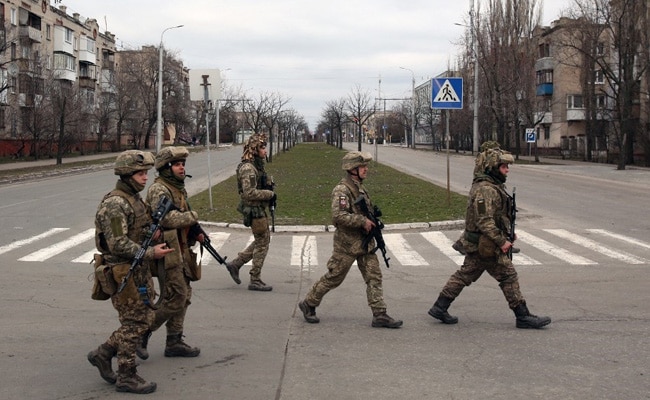Context
-
Recently, the International Criminal Court (ICC) in The Hague announced that it would open an investigation into possible war crimes or crimes against humanity in Ukraine.
-
Since Russia invaded Ukraine, its troops have increasingly hit civilian sites with airstrikes and artillery, raising concerns that war crimes are being committed.
-
Amnesty International said Russia’s military was conducting “indiscriminate attacks” in Ukraine.
‘Laws of war’
- There are specific international standards for war crimes, which are not to be confused with crimes against humanity.
- War crimes are defined as serious violations of humanitarian laws during a conflict. The definition, established by the Rome Statute of the International Criminal Court (ICC) is derived from the 1949 Geneva Conventions and is based on the idea that individuals can be held liable for the actions of a state or its military.

Credit: NDTV - The UN Office on Genocide Prevention and the Responsibility to Protect separates war crimes from genocide and crimes against humanity.
- War crimes are defined as occurring in a domestic conflict or a war between two states, while genocide and crimes against humanity can happen in peacetime or during the unilateral aggression of a military towards a group of unarmed people.
- There is a long list of acts that can be considered war crimes. The taking of hostages, willful killings, torture or inhuman treatment of prisoners of war, and forcing children to fight are some of the more obvious examples.
- But, in practice, there is a lot of gray area within that list.
- Raids on a cities or villages, bombing residential buildings or schools, and even the killing of groups of civilians do not necessarily amount to war crimes — not if their military necessity is justified.
- The same act can become a war crime if it results in unnecessary destruction, suffering and casualties that exceed the military gain from the attack.
Distinction, proportionality, precaution
- To decide whether an individual or a military has committed a war crime, international humanitarian law lays down three principles: distinction, proportionality and precaution.
- Proportionality prohibits armies from responding to an attack with excessive violence. “If a soldier is killed, for example, you cannot bomb an entire city in retaliation.
- It is also illegal to target objectives that are “expected to cause incidental loss of civilian life, injury to civilians, damage to civilian objectives, which would be excessive in relation to the concrete and direct military advantage anticipated,” according to the International Committee of the Red Cross.
- Precaution requires parties to a conflict to avoid or minimize the harm done to the civilian population.
Race against time
- When ICC prosecutors have reason to believe that a war crime has been committed, they start an investigation to find evidence that could point to specific individuals responsible for those crimes.
Conclusion
- Time is crucial though as evidence can degenerate or disappear. It is very difficult for prosecutors to successfully investigate suspected war crimes after the fact, when one party to a conflict may have tampered with evidence or witnesses are no longer around.
Visit Abhiyan PEDIA (One of the Most Followed / Recommended) for UPSC Revisions: Click Here
IAS Abhiyan is now on Telegram: Click on the Below link to Join our Channels to stay Updated
IAS Abhiyan Official: Click Here to Join
For UPSC Mains Value Edition (Facts, Quotes, Best Practices, Case Studies): Click Here to Join
